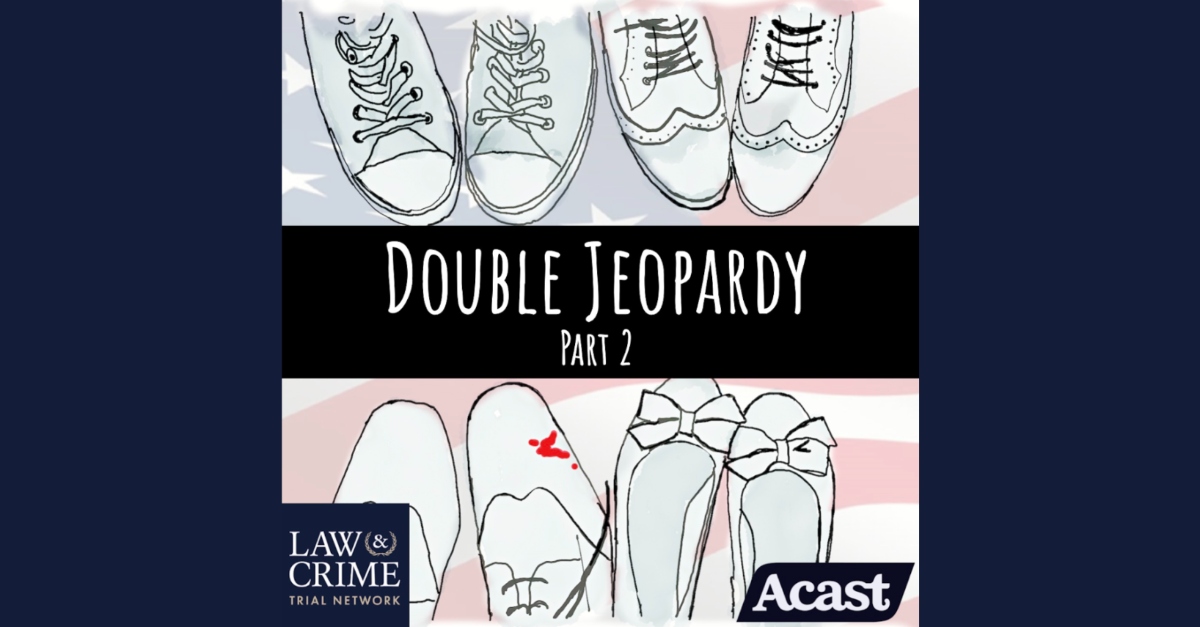
The tree-lined subdivision of Summerhill is situated just a few miles from downtown Fayetteville, North Carolina.
On May 12th, 1985, the sound of a baby crying roused neighbors to check on the welfare of the family next door.
A mother and her children had been brutally murdered. Investigators were able to locate a suspect quickly due to witness statements.
A circumstantial case was built, but what happens when that is not enough to prove who took the lives of three members of the Eastburn family?
If the judicial system can no longer try a case after an acquittal, how can a murderer ever be brought to justice?
According to the Fifth Amendment of the United States Constitution, no person shall “be subject for the same offense to be twice put in jeopardy of life or limb.”
READ RELATED: Convicted Murderer Clarence Dixon’s ‘Delusion’ Claim Rejected
This constitutional rule led to the development of the double jeopardy clause.
Double jeopardy is a defense that prevents an accused person from being tried again for the same crime on the same – or similar – charges once they are acquitted.
Double jeopardy still applies even if new evidence is uncovered or even if the defendant confesses.
Knowing that they only have one shot at securing a conviction, investigators have to ensure their case is strong enough to convince a jury beyond a reasonable doubt that the defendant is guilty.
Listen to the two part case ‘Double Jeopardy’ on They Walk Among America.
Have a tip we should know? [email protected]
Source:





